
The Natural Splendor of West Coast National Park
West Coast National Park, nestled along the Atlantic coast of South Africa, is a haven for nature lovers and adventure seekers. This stunning park covers a diverse landscape of coastal dunes, salt marshes, and rolling hills. It is a sanctuary for a wide variety of wildlife, including eland, zebra, and the endangered African black oystercatcher. One of the park's highlights is the Langebaan Lagoon, a turquoise jewel offering a peaceful retreat for bird watchers and water sports enthusiasts. The lagoon is famous for its vibrant bird life, with over 250 species recorded. During the spring months of August and September, the park transforms into a floral wonderland as wildflowers blanket the ground in a riot of colors. For those who love hiking, the park offers numerous trails, each providing unique vistas and opportunities to spot wildlife. The Postberg section, open only during the spring flower season, is particularly popular for its breathtaking blooms. Whether you're exploring on foot, by bike, or from the comfort of your car, the park's scenic beauty and tranquility are sure to leave a lasting impression.
Local tips in West Coast National Park
- Visit during August and September to experience the spectacular wildflower season.
- Bring binoculars for bird watching, especially around the Langebaan Lagoon.
- The Postberg section is only open during the spring months, so plan accordingly.
- Pack a picnic to enjoy at one of the park's scenic spots.
- Wear comfortable walking shoes and bring plenty of water for hikes.
The Natural Splendor of West Coast National Park
West Coast National Park, nestled along the Atlantic coast of South Africa, is a haven for nature lovers and adventure seekers. This stunning park covers a diverse landscape of coastal dunes, salt marshes, and rolling hills. It is a sanctuary for a wide variety of wildlife, including eland, zebra, and the endangered African black oystercatcher. One of the park's highlights is the Langebaan Lagoon, a turquoise jewel offering a peaceful retreat for bird watchers and water sports enthusiasts. The lagoon is famous for its vibrant bird life, with over 250 species recorded. During the spring months of August and September, the park transforms into a floral wonderland as wildflowers blanket the ground in a riot of colors. For those who love hiking, the park offers numerous trails, each providing unique vistas and opportunities to spot wildlife. The Postberg section, open only during the spring flower season, is particularly popular for its breathtaking blooms. Whether you're exploring on foot, by bike, or from the comfort of your car, the park's scenic beauty and tranquility are sure to leave a lasting impression.
When is the best time to go to West Coast National Park?
Iconic landmarks you can’t miss
Table Mountain National Park
Explore the stunning landscapes and diverse ecosystems of Table Mountain National Park, a must-visit destination in Cape Town, South Africa.
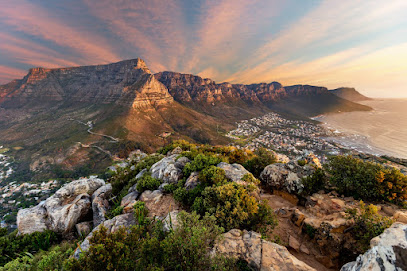
Boulders Beach
Explore the breathtaking beauty of Boulders Beach, home to adorable African penguins and stunning coastal views near Cape Town.

Cape of Good Hope
Explore the scenic beauty and rich biodiversity of the Cape of Good Hope, a stunning nature preserve at the southern tip of South Africa's Cape Peninsula.
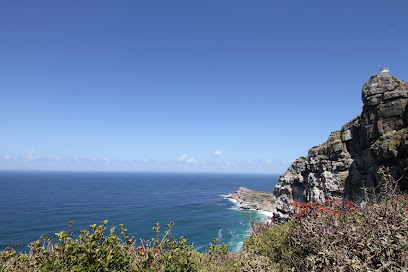
Cape Point Nature Reserve
Explore the breathtaking landscapes and diverse wildlife of Cape Point Nature Reserve, a UNESCO World Heritage Site at the southern tip of Africa.
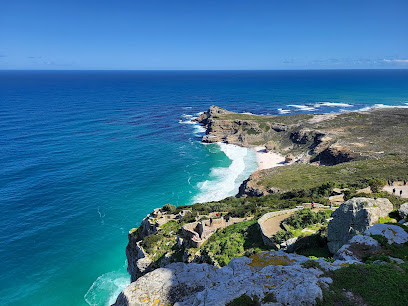
Garden Route National Park
Explore the diverse ecosystems and breathtaking landscapes of Garden Route National Park, a must-visit destination for nature lovers and adventure seekers in South Africa.
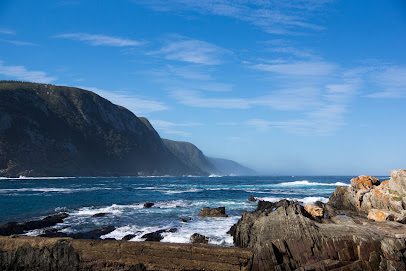
Newlands Forest
Immerse yourself in the lush beauty and tranquility of Newlands Forest, a serene retreat in Cape Town's Table Mountain National Park.
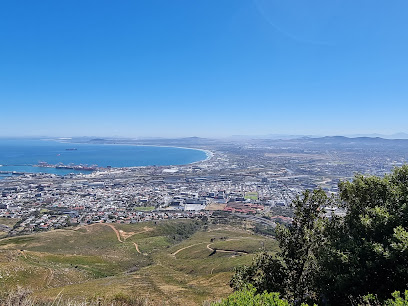
Robberg Nature Reserve
Explore Robberg Nature Reserve: A stunning coastal haven of diverse wildlife and breathtaking landscapes along South Africa's Garden Route.
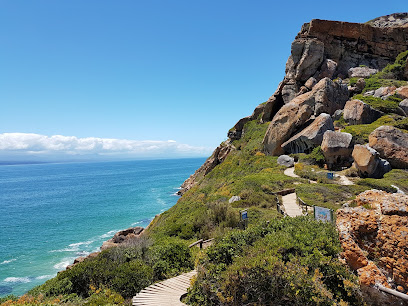
Southern Tip of Africa
Discover the breathtaking Southern Tip of Africa, a unique destination where the Atlantic and Indian Oceans converge, steeped in natural beauty and history.
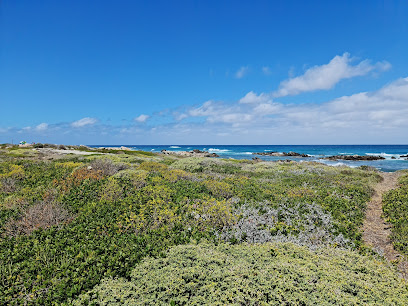
Langebaan Beach
Experience the natural beauty and vibrant atmosphere of Langebaan Beach, a premier destination on South Africa's stunning West Coast, perfect for relaxation and adventure.
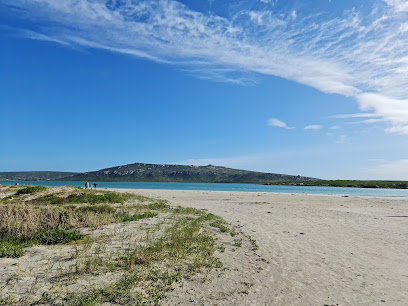
Meiringspoort Waterfall
Discover the breathtaking Meiringspoort Waterfall in South Africa, where nature's beauty meets adventure in a stunning landscape.
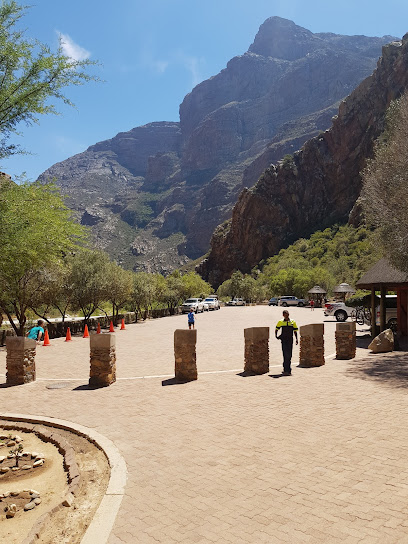
Intaka Island
Explore the diverse wildlife and serene landscapes of Intaka Island, a captivating national reserve in Cape Town's Century City.
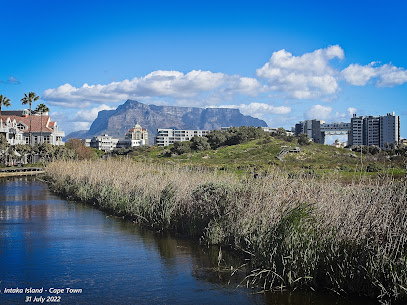
Agulhas National Park
Explore the breathtaking landscapes and diverse wildlife of Agulhas National Park, the southernmost point of Africa, where adventure meets tranquility.
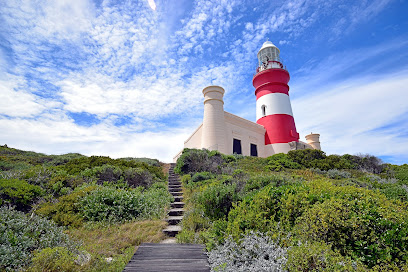
Blaauwberg Nature Reserve
Immerse yourself in the stunning landscapes and diverse ecosystems of Blaauwberg Nature Reserve while enjoying breathtaking views of Table Mountain.
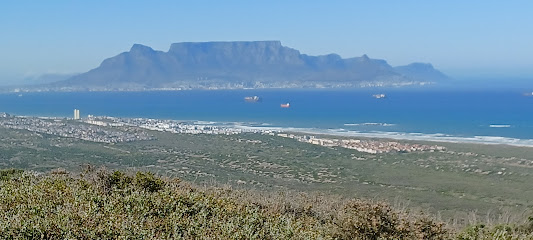
De Hoop Nature Reserve
Explore the breathtaking landscapes and diverse wildlife of De Hoop Nature Reserve, a premier destination for nature lovers in South Africa's Overberg District.
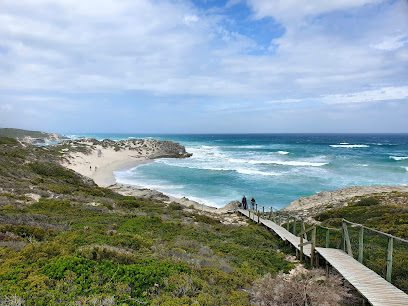
Garden Route Wolf Sanctuary
Discover the Garden Route Wolf Sanctuary: A unique wildlife experience in Plettenberg Bay dedicated to wolf conservation and education.
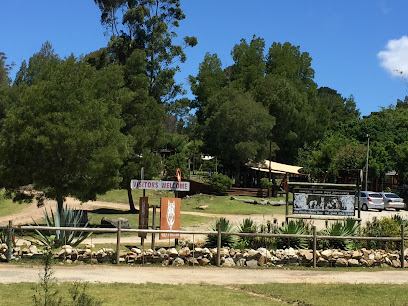
Unmissable attractions to see
Evita se Perron
Discover the cultural charm and delicious treats at Evita se Perron in Darling, a must-visit haven for cake lovers and history enthusiasts.
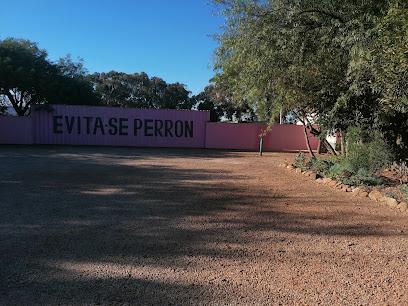
The Pixie and Fairy Village
Immerse yourself in the whimsical world of The Pixie and Fairy Village, where imagination meets nature in Jacobs Bay.
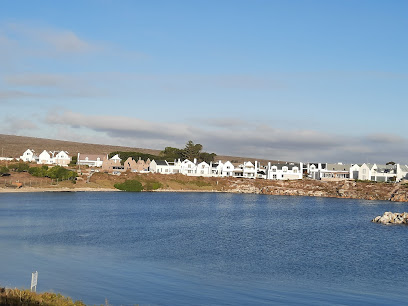
Rocherpan Nature Reserve (CapeNature)
Explore the serene beauty of Rocherpan Nature Reserve, a nature lover's paradise filled with diverse wildlife and stunning landscapes.
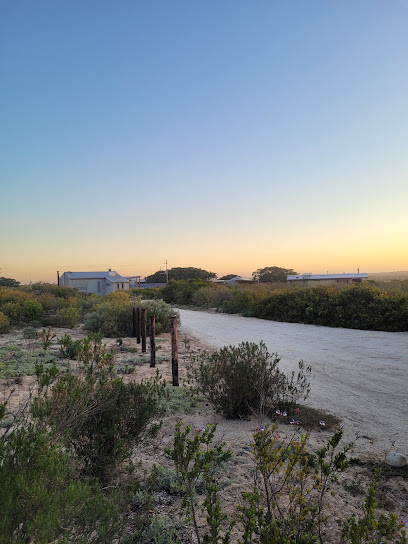
Darling Olives CC
Experience the rich flavors of authentic olive oil at Darling Olives, a premier olive oil manufacturer in the Western Cape.
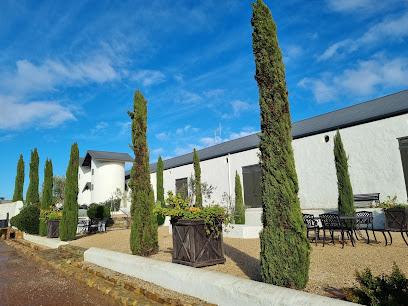
Schaap Island
Experience the breathtaking beauty of Schaap Island, a serene nature preserve in Cape Town known for its stunning views and diverse wildlife.
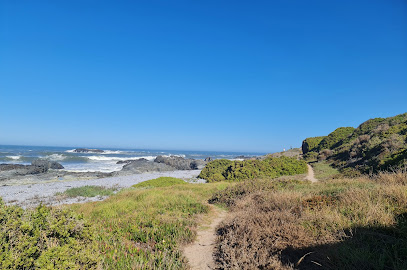
La Petite Maison
Experience culinary excellence at La Petite Maison in Langebaan, where every dish is a celebration of local flavors and stunning coastal views.
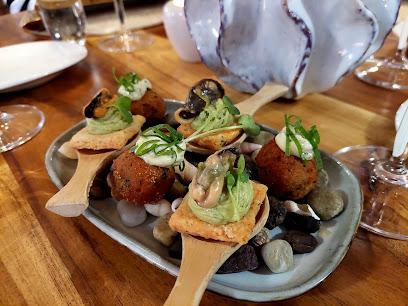
Churchhaven
Discover the tranquil beauty of Churchhaven, a hidden gem in the West Coast National Park, offering stunning landscapes and rich biodiversity.
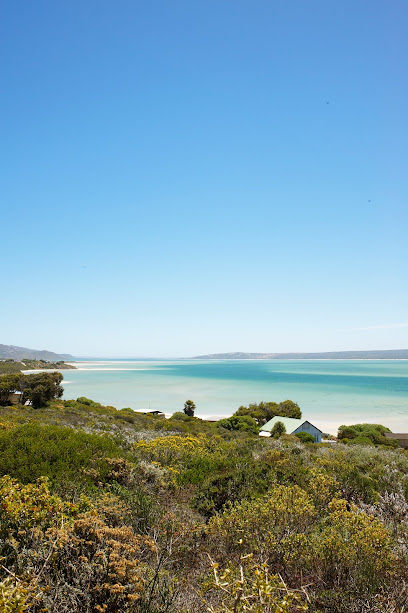
Geelbek Bird Lookout
Embark on an unforgettable birdwatching adventure at Geelbek Bird Lookout, where nature and serenity meet along South Africa's stunning West Coast.
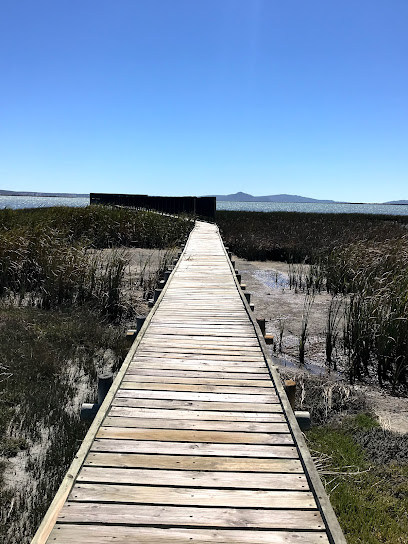
Seeberg-uitsigpunt
Experience stunning vistas of the lagoon and nature at Seeberg Uitsigpunt, a serene observation deck in Langebaan, South Africa.
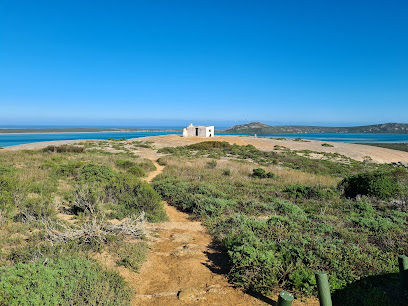
Hoedjieskop Museum
Explore Saldanha's rich maritime history and cultural heritage at Hoedjieskop Museum, a captivating tourist attraction for history enthusiasts.
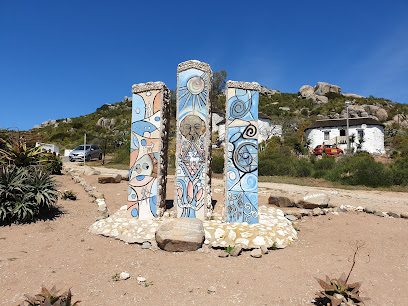
North Head Lighthouse
Discover the North Head Lighthouse in Saldanha, a historic beacon with stunning ocean views and rich maritime heritage, perfect for tourists seeking adventure.
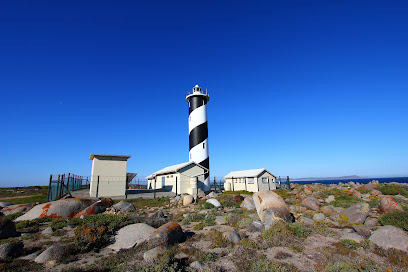
Stompneus Lookout
Discover the stunning views and serene atmosphere at Stompneus Lookout, a hidden gem on Langebaan's picturesque coastline.
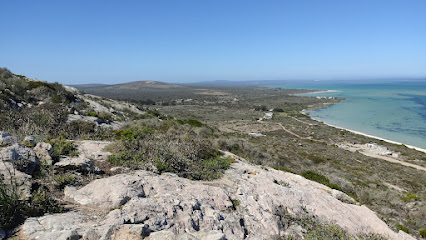
LCE Park
Experience the tranquility of LCE Park in Langebaan Country Estate, a perfect escape for nature lovers and families seeking relaxation.
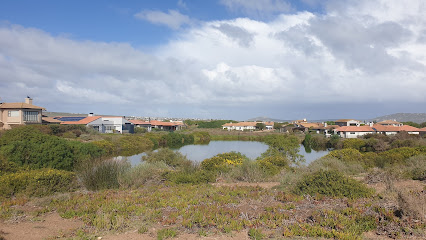
KhoiKhoi Woman Co-Op
Discover unique handmade crafts and support local artisans at KhoiKhoi Woman Co-Op in Langebaan, a cultural gem for tourists.
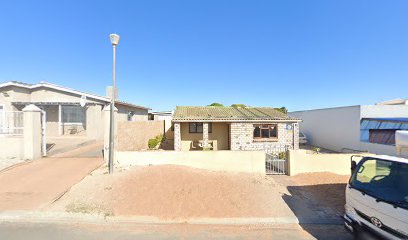
Geelbek Trail
Explore the scenic Geelbek Trail in West Coast National Park, a paradise for hikers with stunning views and diverse wildlife in South Africa.
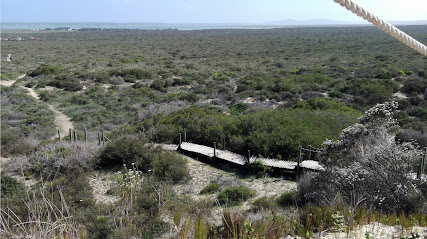
Essential places to dine
Salinas Beach Restaurant
Experience delightful seafood and breathtaking ocean views at Salinas Beach Restaurant in Wilderness - perfect for families and beach lovers.
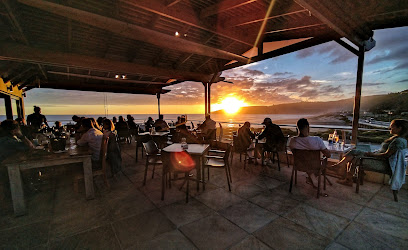
Marcs Beach Bar
Experience stunning ocean views and delicious cuisine at Marcs Beach Bar in Langebaan – a perfect retreat for every traveler.
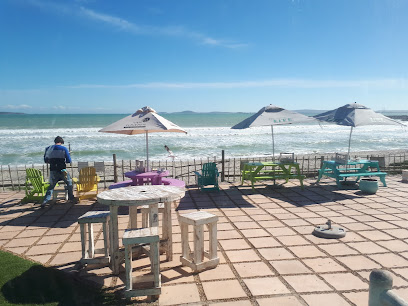
Pearly’s Restaurant
Discover exceptional seafood dining at Pearly's Restaurant on Langebaan's stunning Main Beach – where flavor meets breathtaking views.
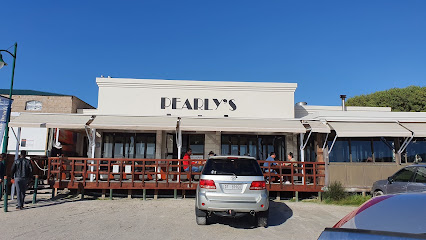
West Coast Farm Stall
Experience delightful local cuisine at West Coast Farm Stall - your family-friendly cafe stop between Cape Town and nature's wonders.
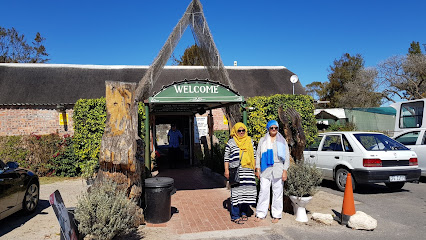
The Lookout Deck
Experience breathtaking ocean views and delicious cuisine at The Lookout Deck in Plettenberg Bay - a must-visit restaurant and cocktail bar.
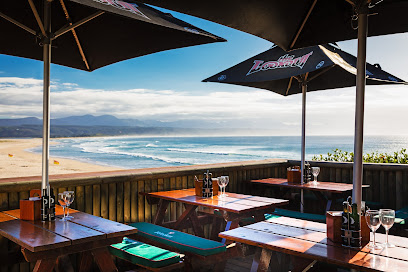
Bientang's Cave Restaurant & Wine Bar
Discover breathtaking ocean views and exquisite seafood at Bientang's Cave Restaurant & Wine Bar in Hermanus, where nature meets culinary excellence.
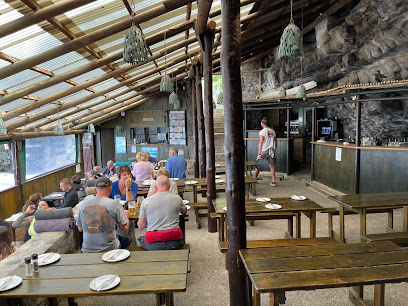
RocXiBeach
Discover RocXiBeach in Langebaan - where exquisite flavors meet breathtaking waterfront views for an unforgettable dining experience.
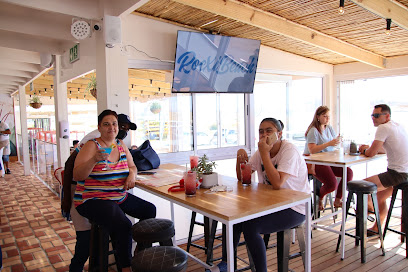
4 Sheep Restaurant Deli and Convenience Store
Experience authentic South African cuisine at 4 Sheep Restaurant Deli & Convenience Store in Beaufort West – where flavor meets hospitality.
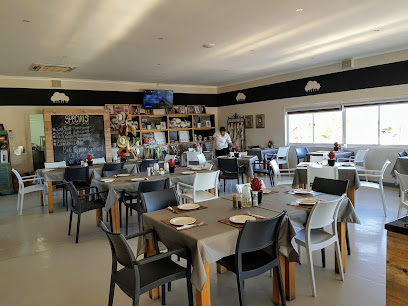
Voorstrandt Restaurant
Experience exquisite seafood and breathtaking ocean views at Voorstrandt Restaurant in Paternoster.
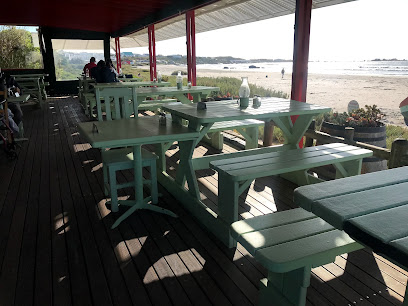
Kokomo Beach Bar & Restaurant
Experience exquisite dining with ocean views at Kokomo Beach Bar & Restaurant in Langebaan – where culinary delights meet coastal charm.
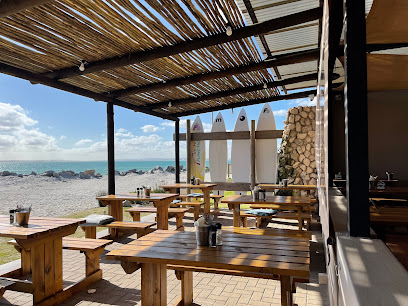
Isabellas Restaurant (Waterfront)
Discover Isabellas Restaurant in Lambert's Bay: Fresh seafood, stunning ocean views, and warm hospitality await you at this coastal gem.
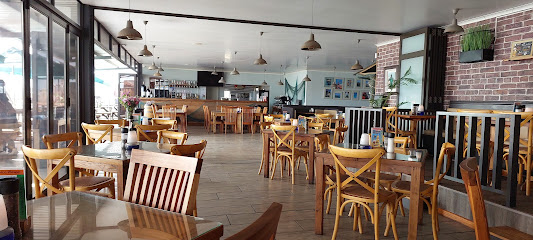
Die Strandloper Restaurant BOOKINGS ESSENTIAL No Reservations via WhatsApp or social media platforms
Experience the authentic flavors of South Africa at Die Strandloper Restaurant, where fresh seafood meets breathtaking ocean views.
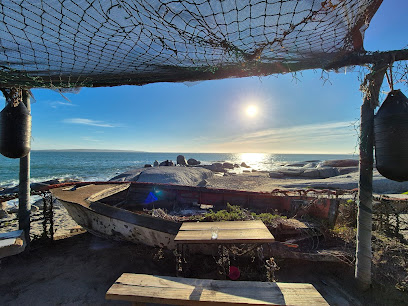
Muisbosskerm Open Air Restaurant
Discover Muisbosskerm Open Air Restaurant - where ocean views meet exquisite seafood in an unforgettable dining experience on South Africa's West Coast.
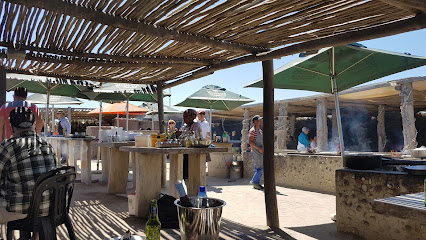
Boesmanland Plaaskombuis
Experience authentic South African flavors at Boesmanland Plaaskombuis in Langebaan - where every meal tells a story.
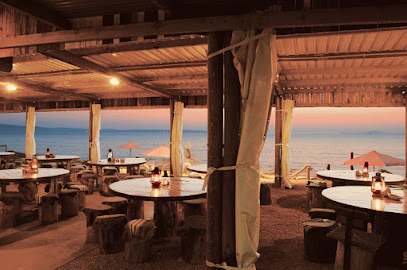
Cape Town Fish Market Langebaan
Experience exquisite seafood dining with breathtaking ocean views at Cape Town Fish Market Langebaan - a must-visit culinary gem on South Africa's West Coast.
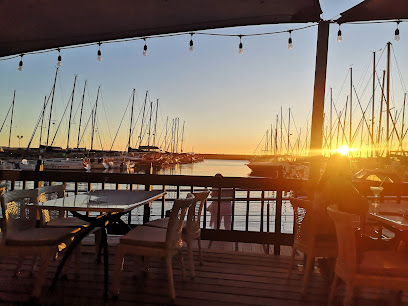
Markets, malls and hidden boutiques
West Coast National Park
Discover the breathtaking landscapes and unique wildlife of West Coast National Park, a premier destination for nature lovers in South Africa.
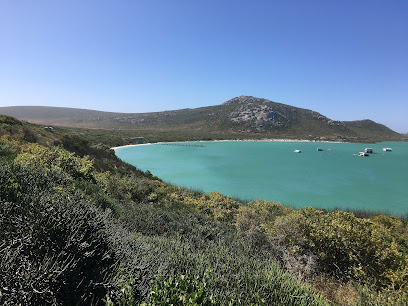
Neptune's Cave Shell Shop
Explore Neptune's Cave Shell Shop in Langebaan for unique coastal treasures and handcrafted jewelry inspired by the beauty of the ocean.

Blikaspaai - Decor and Gift Shop
Explore Blikaspaai, a charming gift shop in Yzerfontein, offering unique decor and thoughtful gifts inspired by local artistry.
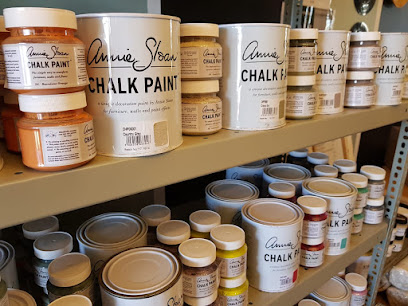
GAIA Crystals
Unveil the beauty of crystals and alternative gifts at GAIA Crystals, a unique shopping experience in Langebaan's vibrant waterfront.
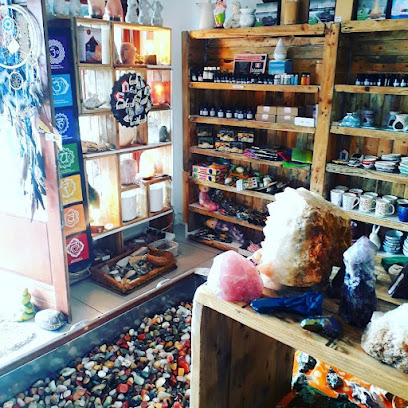
Simply Kallos Crafts
Explore the vibrant world of artistic handicrafts at Simply Kallos Crafts in Langebaan, where every piece tells a story.
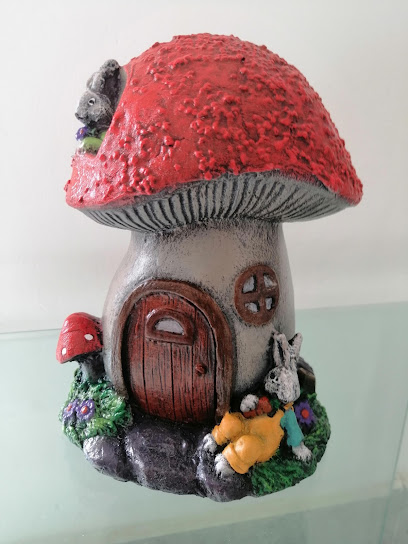
Vintage 2 Decor
Explore Vintage 2 Decor in Langebaan for an unforgettable journey through time with unique antiques, vintage clothing, and collectibles.
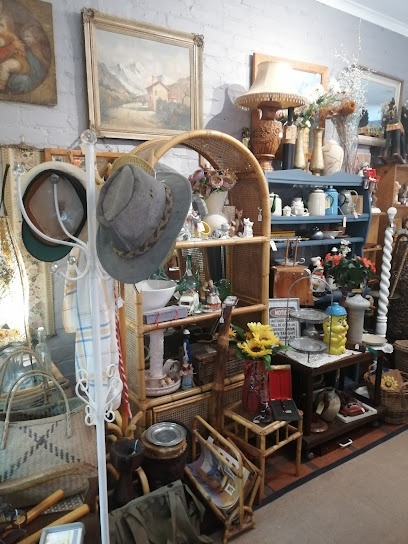
Blooming Nice
Explore Blooming Nice in Langebaan for unique clothing that embodies South African style and charm.
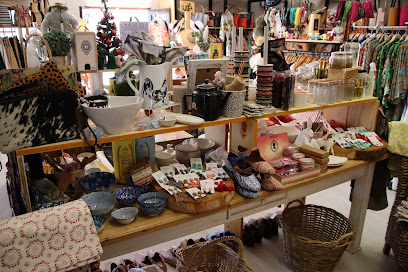
The Crazy Store Langebaan
Explore The Crazy Store Langebaan for an exciting variety of gifts, toys, and home goods, perfect for every traveler in search of unique souvenirs.
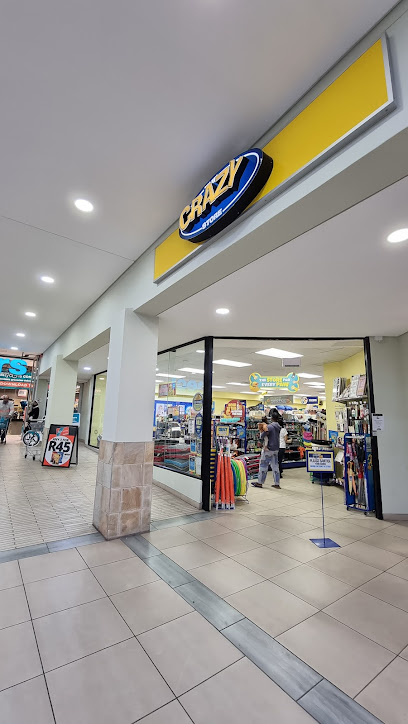
SALT - Yzerfontein
Explore SALT - Yzerfontein for unique local crafts and gifts that capture the spirit of South Africa in a charming coastal setting.
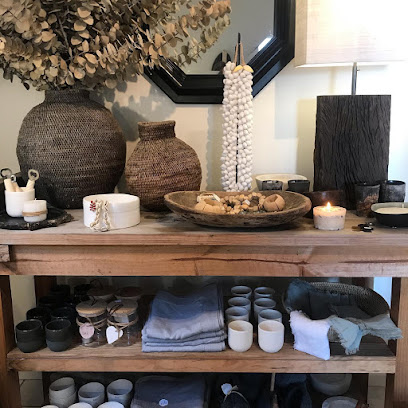
Angel Rose Boutique
Explore the heart of Langebaan fashion at Angel Rose Boutique, where local style meets unique clothing selections for every taste.
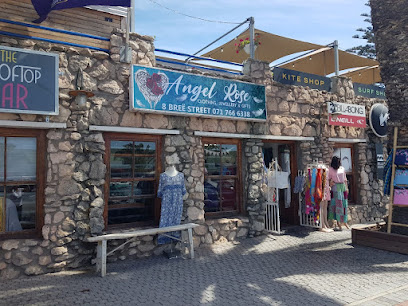
Nicolanté Gift Shop
Explore Nicolanté Gift Shop for unique, handcrafted jewelry that reflects the artistry of Langebaan and take home a memorable piece of South African culture.
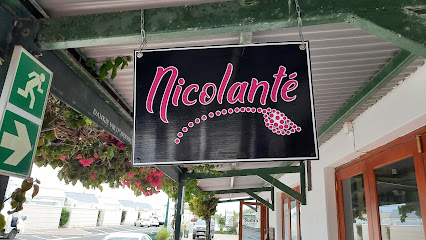
Tolhuis
Explore Tolhuis in Langebaan for unique gifts and apparel that celebrate the beauty of this coastal paradise.
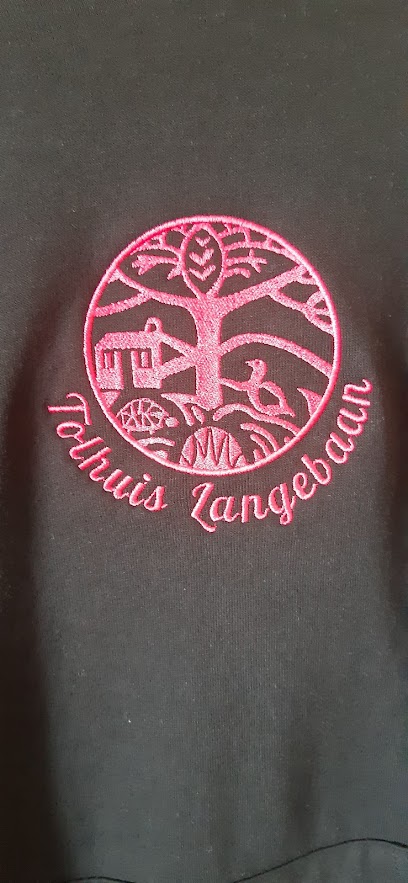
Beach Side Bargains
Discover unique treasures at Beach Side Bargains, Langebaan's charming boutique for fashion and local crafts.

Unique Laser Gift Shop
Explore unique laser-cut gifts and souvenirs at the Unique Laser Gift Shop in Mykonos, Langebaan – a treasure trove of creativity and craftsmanship.

Peak A Booh Baby and Toddler
Discover Peak A Booh Baby and Toddler, your one-stop shop for baby essentials in the heart of Langebaan, where quality meets care.

Essential bars & hidden hideouts
Marcs Beach Bar
Discover Marcs Beach Bar, a lively destination in Langebaan offering stunning views, refreshing drinks, and a vibrant social atmosphere for tourists.
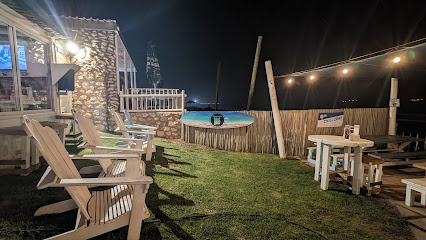
RocXiBeach
Discover the tranquil waterfront dining experience at RocXiBeach in Langebaan, where local flavors meet breathtaking views.
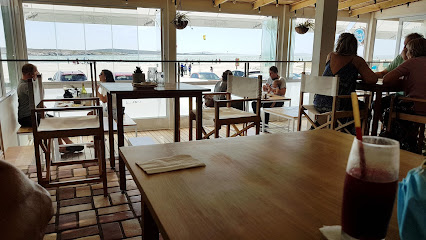
Kokomo Beach Bar & Restaurant
Experience the flavors of the West Coast at Kokomo Beach Bar & Restaurant, where exquisite cuisine meets breathtaking coastal views.
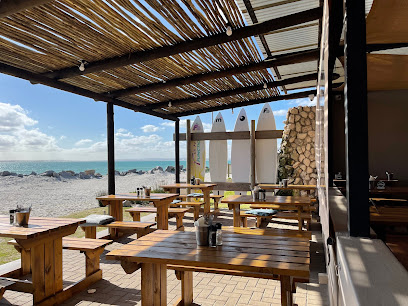
Captain's Cabin Restaurant & Pub
Discover the best of Saldanha's coastal dining at Captain's Cabin Restaurant & Pub, where delicious meals meet stunning sea views.
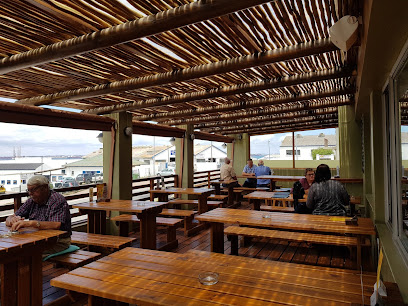
Die Watergat Langebaan
Discover Die Watergat Langebaan, a charming restaurant and pub with breathtaking views, delicious food, and a lively atmosphere perfect for tourists.
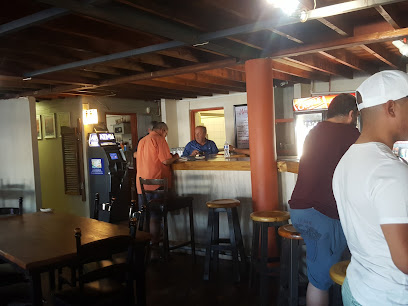
Wunderbar
Discover the culinary delights of Wunderbar in Langebaan, where vibrant flavors meet stunning coastal views for an unforgettable dining experience.
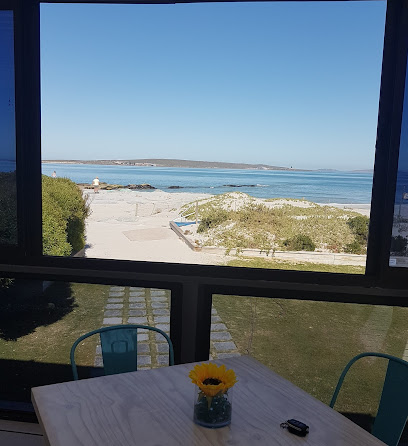
HUSKY'S Restaurant & Bar
Experience the vibrant flavors of Langebaan at HUSKY'S Restaurant & Bar, where culinary delights meet a welcoming atmosphere.
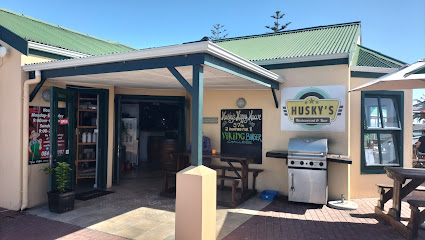
The Sand Bar
Discover The Sand Bar in Langebaan, a vibrant bar offering exquisite drinks and stunning views for an unforgettable coastal experience.
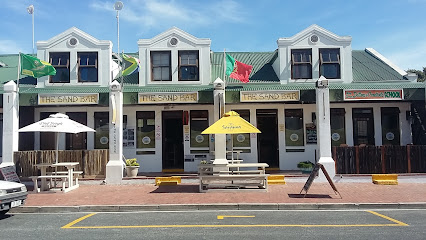
Black Eagle Brewing Co.
Explore the art of craft brewing at Black Eagle Brewing Co. in Langebaan, where exceptional beers meet coastal charm.
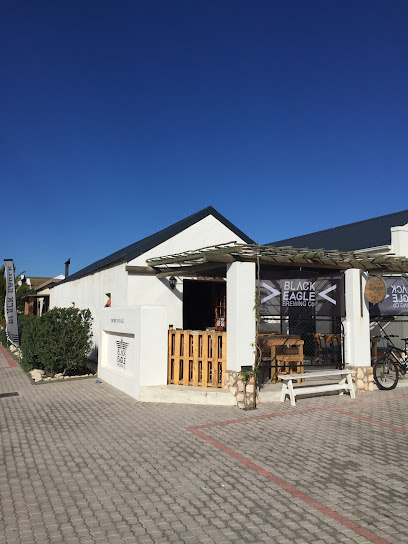
Santorini Bar With F.R.I.E.N.D.S
Explore the lively Santorini Bar With F.R.I.E.N.D.S in Langebaan, where vibrant nightlife meets stunning seaside views for a memorable experience.
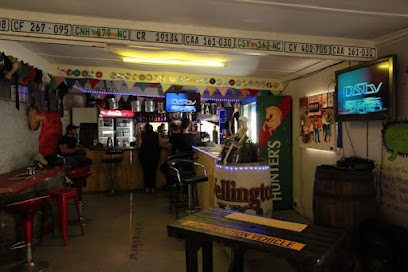
Funky lemon
Discover the vibrant nightlife at Funky Lemon, a lively bar in Saldanha offering a diverse drink menu and a welcoming atmosphere for all.
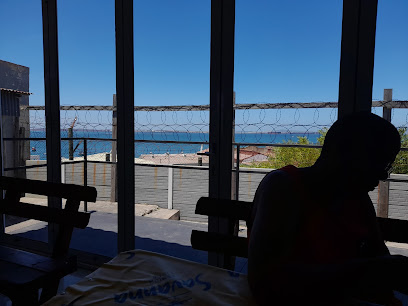
Phoenix Biker Bar
Explore the vibrant Phoenix Biker Bar in Vredenburg, Cape Town, a perfect blend of biker culture, great drinks, and a welcoming atmosphere.
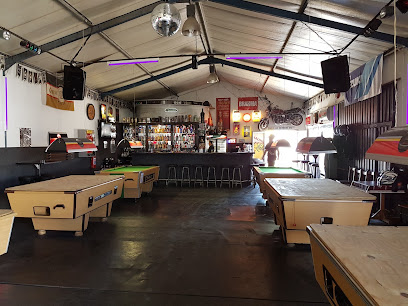
Hoogwater Bush Pub
Experience the lively charm of Hoogwater Bush Pub in Nieuwerust, Vredenburg – a perfect blend of local culture and refreshing drinks.
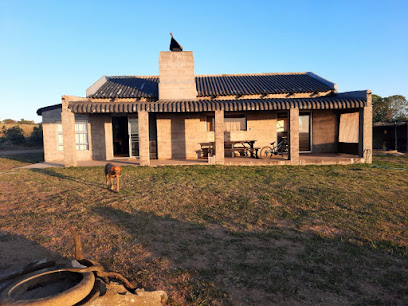
Ancorr bar
Discover the vibrant atmosphere of Ancorr Bar in Saldanha, where local flavors and a relaxed vibe come together for an unforgettable experience.
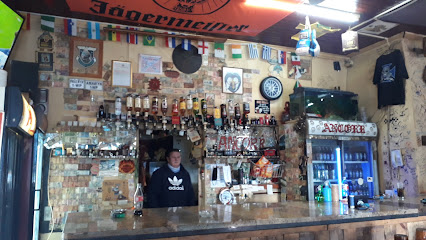
Local Phrases about West Coast National Park
-
- HelloMolo
[moh-loh] - GoodbyeHamba kahle
[ham-bah kah-leh] - YesEwe
[eh-weh] - NoCha
[chah] - Please/You're welcomeNceda
[n-chay-dah] - Thank youEnkosi
[en-koh-see] - Excuse me/SorryUxolo
[oo-koh-loh] - How are you?Unjani?
[oon-jah-nee] - Fine. And you?Ndicela
[n-dee-chay-lah] - Do you speak English?Ukhuluma isiNgisi?
[oo-koo-loo-mah ee-see-ngi-see] - I don't understandAndiyazi
[ahn-dee-yah-zee]
- HelloMolo
-
- I'd like to see the menu, pleaseNdicela ukubona imenyu, nceda
[n-dee-chay-lah oo-koo-boh-nah ee-men-yoo n-chay-dah] - I don't eat meatAndixoki inyama
[ahn-dee-choh-kee ee-nyah-mah] - Cheers!Ooza!
[oo-zah] - I would like to pay, pleaseNdicela ukulipha, nceda
[n-dee-chay-lah oo-koo-lee-pah n-chay-dah]
- I'd like to see the menu, pleaseNdicela ukubona imenyu, nceda
-
- Help!Nceda!
[n-chay-dah] - Go away!Hamba!
[ham-bah] - Call the Police!Biza amapolisa!
[bee-zah ah-mah-poh-lee-sah] - Call a doctor!Biza udokotela!
[bee-zah oo-doh-koh-teh-lah] - I'm lostNdikhohlwe
[n-dee-koh-khluh-weh] - I'm illNdinephile
[n-dee-neh-pee-leh]
- Help!Nceda!
-
- I'd like to buy...Ndicela ukuthenga...
[n-dee-chay-lah oo-koo-ten-gah] - I'm just lookingNdifuna ukubuka kuphela
[n-dee-foo-nah oo-koo-boo-kah koo-pay-lah] - How much is it?Injani okanye
[een-jah-nee oh-kahn-yeh] - That's too expensiveLo nto ixilongo kakhulu
[loh ntoh ee-shee-long-go kah-koo-loo] - Can you lower the price?Uyakwenza ngephondo?
[oo-yah-kwen-zah n-geh-pohn-doh]
- I'd like to buy...Ndicela ukuthenga...
-
- What time is it?Yintoni ixesha?
[yin-toh-nee ee-xeh-shah] - It's one o'clockKuyisishiyagalombili
[koo-yee-see-shee-yah-gah-lohm-bee-lee] - Half past (10)Kwesishiyagalombili
[kweh-see-shee-yah-gah-lohm-bee-lee] - MorningEkuseni
[eh-koo-seh-nee] - AfternoonNtambama
[en-tahm-bah-mah] - EveningEbusuku
[eh-boo-soo-koo] - YesterdayIzolo
[ee-zoh-loh] - TodayNamhlanje
[nahm-hlahn-jeh] - TomorrowKusasa
[koo-sah-sah] - 1Kunye
[koo-nyeh] - 2Kubili
[koo-bee-lee] - 3Kuthathu
[koo-tah-too] - 4Kune
[koo-neh] - 5Kuyisine
[koo-yee-see-neh] - 6Kuyisithandathu
[koo-yee-see-tahn-dah-too] - 7Kuyisikhombisa
[koo-yee-see-kohm-bee-sah] - 8Kuyisishiyagalombili
[koo-yee-see-shee-yah-gah-lohm-bee-lee] - 9Kuyisishiyagalolunye
[koo-yee-see-shee-yah-gah-loh-loo-nyeh] - 10Kulumashumi
[koo-luh-mah-shoo-mee]
- What time is it?Yintoni ixesha?
-
- Where's a/the...?Lapho kusho...
[lah-poh koo-shoh] - What's the address?Iyini indawo yokuhlala?
[ee-yee-nee een-dah-woh yoh-koo-lah-lah] - Can you show me (on the map)?Uyakwenza kanjani?
[oo-yah-kwen-zah kahn-jah-nee] - When's the next (bus)?Kushiya nini (ibhasi) elilandelayo?
[koo-shee-yah nee-nee ee-bah-see eh-lee-lahn-deh-yoh] - A ticket (to ....)Ithikithi (kuye ...)
[ee-tee-kee-thee koo-yeh]
- Where's a/the...?Lapho kusho...
History of West Coast National Park
-
The West Coast National Park is rich in history, with evidence of human habitation dating back thousands of years. Archaeological sites within the park, such as the Elandsfontein fossil site, have revealed tools and remains that point to early human activity. These sites provide a glimpse into the lives of the San and Khoi people, who were the original inhabitants of the region. Their rock art, tools, and other artifacts offer insights into their culture and way of life.
-
The history of European exploration in the West Coast National Park dates back to the 15th century when Portuguese explorers first navigated the coast of South Africa. The Dutch East India Company established a refreshment station at the Cape of Good Hope in the mid-17th century, leading to increased European activity in the region. The establishment of the VOC's (Dutch East India Company) outposts and farms significantly impacted the indigenous populations and the landscape.
-
The Langebaan Lagoon, a central feature of the West Coast National Park, has a rich naval history. During World War II, the lagoon was used as a naval base by the South African Navy. The strategic location of Langebaan Lagoon made it an ideal spot for military operations, and remnants of this period can still be seen today. The lagoon's calm waters also served as a training ground for naval personnel.
-
West Coast National Park was established in 1985 to protect the unique biodiversity and cultural heritage of the region. The park encompasses a variety of landscapes, including coastal dunes, wetlands, and the Langebaan Lagoon. Its creation was a significant step in conserving the area's natural beauty and historical significance, ensuring that both the environment and cultural sites were preserved for future generations.
-
The West Coast National Park is home to a diverse range of flora and fauna, including several endemic and threatened species. Conservation efforts in the park focus on protecting these species and their habitats. The park is particularly famous for its spring wildflower displays, which attract visitors from around the world. Efforts to manage invasive species and restore natural habitats are ongoing, highlighting the park's commitment to biodiversity conservation.
-
Today, the West Coast National Park is not only a haven for wildlife and natural beauty but also a site of cultural importance. The park hosts various activities that celebrate its history and culture, such as guided tours of archaeological sites, birdwatching, and educational programs. Events and festivals within the park often showcase the rich cultural tapestry of the region, blending the past with the present.
West Coast National Park Essentials
-
West Coast National Park is located approximately 120 kilometers north of Cape Town, South Africa. The nearest major airport is Cape Town International Airport. From there, you can rent a car or take a shuttle service to the park. The drive from Cape Town to the park typically takes about 1.5 to 2 hours. Alternatively, you can join a guided tour that includes transportation.
-
Within the West Coast National Park, private vehicles are the most convenient mode of transport. The park has well-maintained roads suitable for regular cars. If you prefer not to drive, some local tour operators offer guided tours within the park, which may include transportation. For those who enjoy cycling, certain areas of the park are accessible by bicycle. However, note that public transport options are limited within the park itself.
-
The official currency of South Africa is the South African Rand (ZAR). Credit and debit cards are widely accepted at most facilities within and around the park, including entrance gates, restaurants, and shops. It is advisable to carry some cash for smaller purchases, especially if you plan to visit more remote areas or local markets. ATMs are available in nearby towns such as Langebaan.
-
West Coast National Park is generally safe for tourists. However, standard safety precautions are recommended. Keep valuables out of sight and locked in your vehicle when exploring the park. Avoid leaving belongings unattended. While the park itself is safe, be cautious when traveling through high-risk areas in and around larger towns or cities. Research and avoid neighborhoods with high crime rates targeting tourists.
-
In case of emergency, dial 10111 for police assistance or 10177 for medical emergencies. The park has ranger stations where you can report emergencies. It is recommended to carry a fully charged mobile phone and inform someone of your plans if you are exploring remote areas. Travel insurance that covers medical emergencies is advisable. There are medical facilities in nearby towns such as Langebaan and Vredenburg.
-
Fashion: Do wear comfortable and weather-appropriate clothing, including sturdy shoes for hiking. Don't wear high heels or overly formal attire. Religion: Do respect any cultural or religious practices you may encounter, although the park itself is not a religious site. Public Transport: Do plan your transport ahead, as public transport within the park is limited. Don't rely on public transport for park exploration. Greetings: Do greet people with a friendly 'hello' or 'good day.' South Africans appreciate friendly and respectful interactions. Eating & Drinking: Do try local cuisine available at park restaurants. Don't litter; always use designated trash bins to keep the park clean.
-
To experience West Coast National Park like a local, visit during the spring months of August and September to see the spectacular wildflower displays. Engage with park rangers for insider tips on the best spots for wildlife viewing. Consider packing a picnic and enjoying it at one of the park's scenic picnic sites. Don't miss the Langebaan Lagoon for water activities such as kayaking and birdwatching.
Trending Landmarks in West Coast National Park
-
Table Mountain National Park
-
Boulders Beach
-
Cape of Good Hope
-
Cape Point Nature Reserve
-
Garden Route National Park
-
Newlands Forest
-
Robberg Nature Reserve
-
Southern Tip of Africa
-
Langebaan Beach
-
Meiringspoort Waterfall
-
Intaka Island
-
Agulhas National Park
-
Blaauwberg Nature Reserve
-
De Hoop Nature Reserve
-
Garden Route Wolf Sanctuary
Nearby Cities to West Coast National Park
-
Things To Do in Keetmanshoop
-
Things To Do in Lüderitz
-
Things To Do in Kimberley
-
Things To Do in Bloemfontein
-
Things To Do in East London
-
Things To Do in Mafeteng
-
Things To Do in Mohale's Hoek
-
Things To Do in Mariental
-
Things To Do in Quthing
-
Things To Do in Maseru
-
Things To Do in Teyateyaneng
-
Things To Do in Leribe
-
Things To Do in Thaba-Tseka
-
Things To Do in Butha-Buthe
-
Things To Do in Mokhotlong








